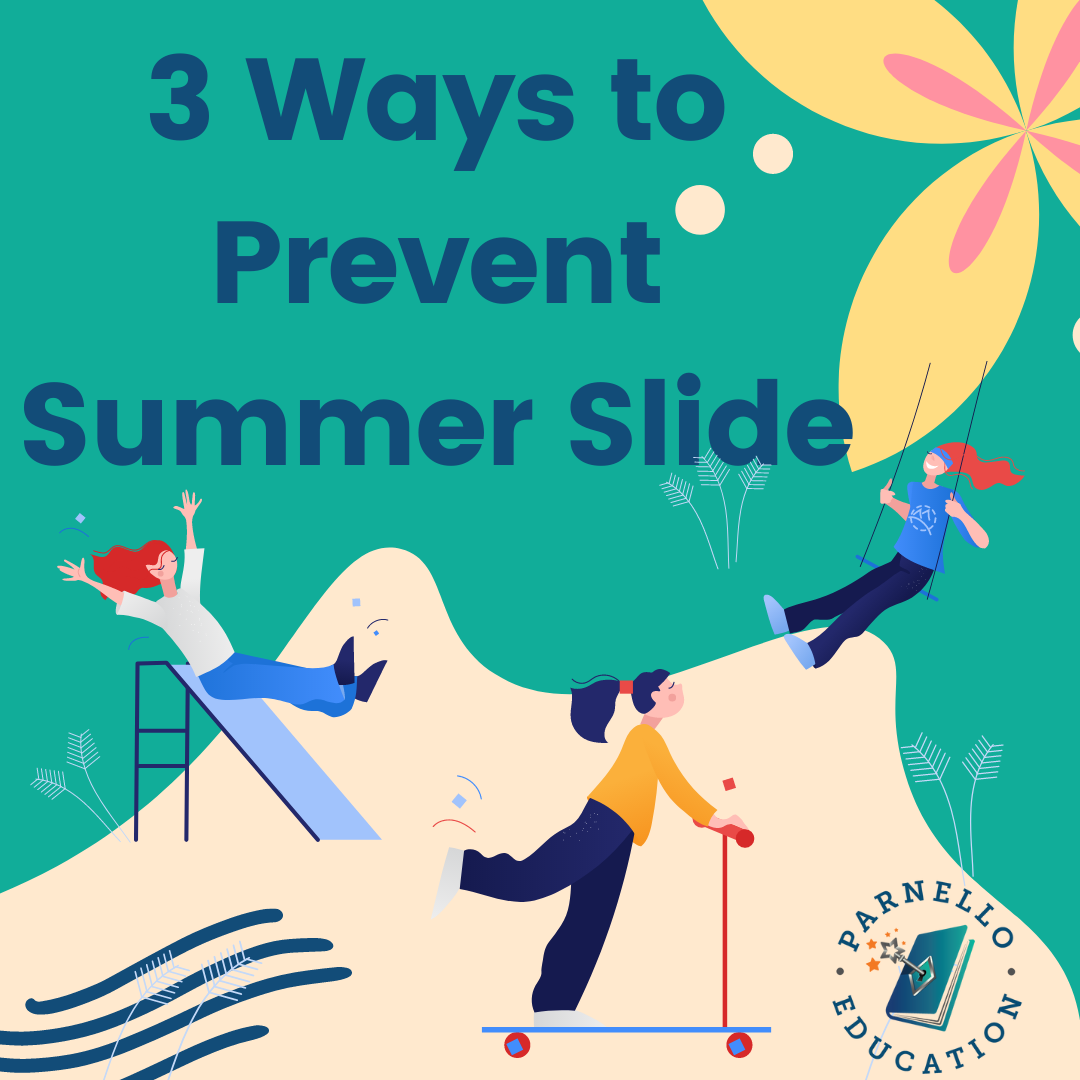Summer break is just around the corner! Aside from the deep sigh of relief and hopefully a nice vacation on the horizon, one of the first thoughts for both parents and educators is that dreaded summer slide. After school year of hard work and a lot of progress, students tend to get out of routine and get rusty on their academic skills.
This is especially true for students with learning differences who took even longer than their peers to learn in the first place. There are several ways you can help prevent or limit this slide, so let's take a peek at some options:
Build In Academic Summer Routines
One of the best things you can do is set up a designated time each day to practice skills. Depending on the age, set aside 30 minutes to an hour each day (closer to 30 mins for younger students) to work on previously learned skills. Here are some great options for that time:
- Math facts practice
- Math-Aids.com is my favorite worksheet generator
- Silent and/or oral reading enjoyable books and magazines
- Practice spelling words
- Practice reading high frequency words (sight words)
Disguise Learning as Fun
Not all learning has to feel like work, and there are a lot of great activities you can do at home that use skills kids learn at school during the school year. Here are some fun opportunities to learn while having fun:
- Baking
- Fractions - hide the 1 cup and make the student use fraction cups to build a whole cup or other measurements
- Time - have the student look at the clock and determine what time it will be done baking instead of only using a timer
- Sequencing - practicing the order and following multi-step directions
- Building
- Wood and hands-on other projects make for great opportunities for measurement, sequencing, and following directions
- Sewing
- Yet another way to practice math and measurements and multiple steps
- Lanyards
- Patterns, sequencing
Vacation Journals
Are you going on a summer adventure? If it isn't a full vacation, perhaps there are camps or day trips planned. This is a great opportunity to practice writing skills. Let your kiddo pick their favorite blank journal at the store or on Amazon. Then set aside some time to write each week and make it fun. Here are some tips:
- Let them include pictures
- Comic strips are a great way to show sequencing of events
- Give them a prompt such as "write your favorite thing you did at camp this week", or "the person I had the most fun with was..."
- If visiting family or friends, have them write about who they visited, what they saw, or what they enjoyed on the visit.
The key with journals is not to make it stressful! It's not about nitpicking every capital and period, it's about fostering enjoyment of learning and keeping them practicing the skills they have. Transitions back to writing at school will be much easier if they've picked up a pencil in the last two months!
Happy Summer!

